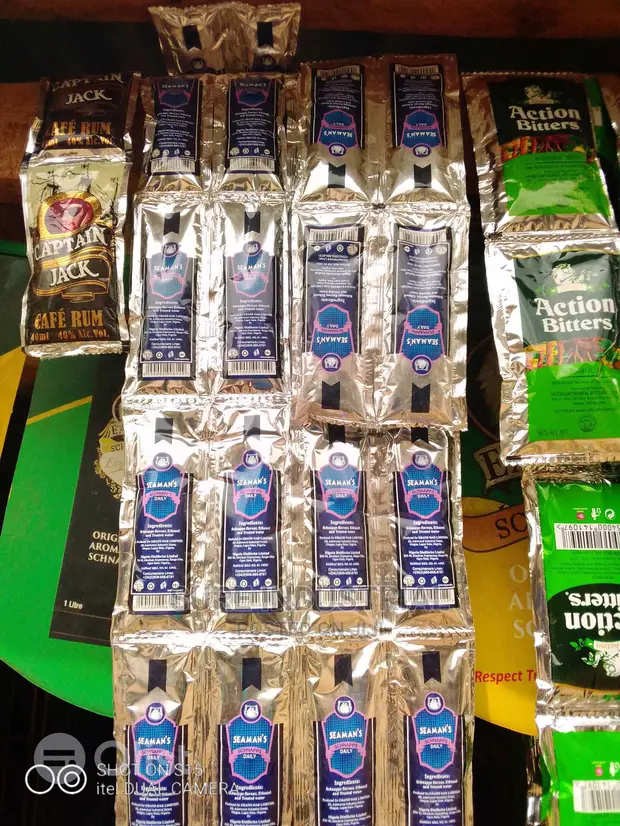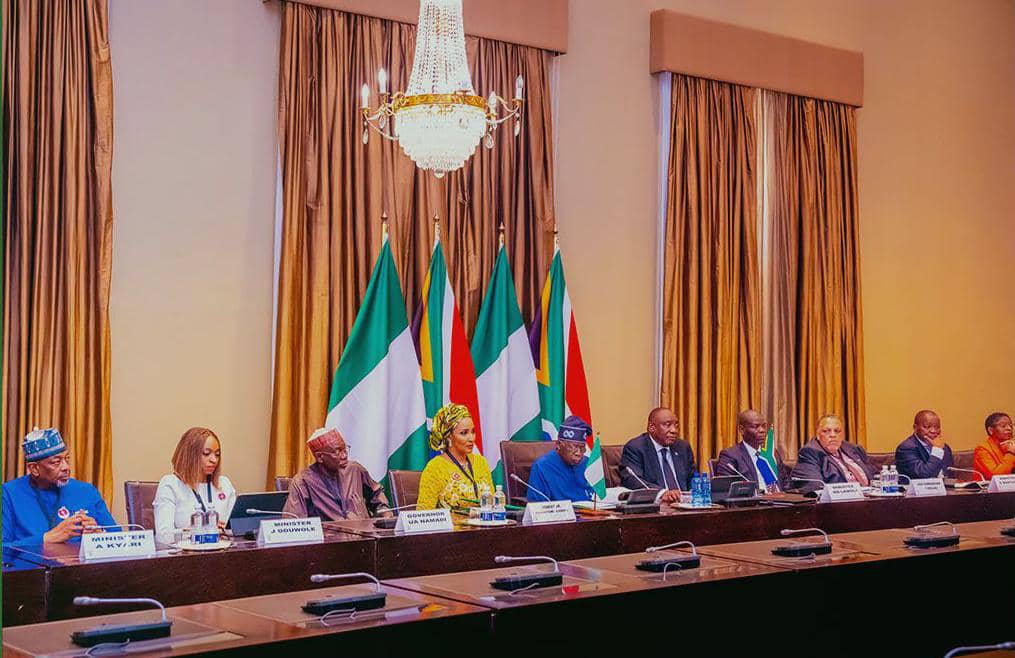
…….House Representative Calls for NAFDAC to Lift Ban on Sachet Alcoholic Beverages
By Fatima Saka
The Deputy Spokesperson of the House of Representatives, Hon. Philip Agbese, has disclosed that the prohibition of the sale of sachet drinks is a government measure aimed at the impoverished sector of society.
This issue was further brought to light when the House of Representatives urged the National Agency for Food and Drug Administration and Control (NAFDAC) to revoke the ban on the production and sale of sachet alcoholic beverages and 200-ml pet bottles.
During a press briefing at the National Assembly complex on Friday regarding the house’s resolution, the Deputy Spokesperson stressed that the health-related concerns associated with consuming alcoholic drinks were not the primary reason for NAFDAC’s imposition of the ban.

In fact, the concept of health implications is a universal one; for instance, cigarette packets contain warnings about the dangers of smoking, yet individuals still choose to purchase and smoke cigarettes. Therefore, it is imperative that individuals, particularly adults capable of making informed decisions, retain the right to choose what they consume.
Regarding the health implications of consuming sachet drinks in comparison to bottled beverages, the argument appears somewhat hypocritical.
During the hearings, a session of the population with lower incomes raised concerns about fundamental human rights, harassment, and discrimination. If individuals have the freedom to purchase items like bread with butter at supermarkets, they should similarly be allowed to afford their preferred type of bread.
Addressing the issue of children consuming sachet drinks, the lawmaker remarked, “If we consider the consumption of Benylin Codeine and other cough syrups by affluent children, these products are readily available in pharmacies and stores without any ban imposed on them.”
As representatives of the people, our duty is to safeguard the interests of the general public. Undoubtedly, the government policy in question was specifically directed towards the less fortunate members of society.
In Nigeria, these products are sought after in both times of mourning and joy. Thus, it is evident that they play a crucial role in our lives, both religiously, economically, and socially, on a day-to-day basis.
Meanwhile, reports indicate that on the 5th of February, 2024, NAFDAC announced a ban on alcoholic beverages sold in sachets or bottles smaller than 200ml.
Intervening, the House Committee on NAFDAC instructed the suspension of the ban pending the completion of its investigation into the matter.
Subsequently, the House, on Thursday, demanded that NAFDAC promptly revoke the ban after reviewing the findings of the investigation conducted by the Committee on NAFDAC.
The report highlighted the necessity to lift the ban immediately due to the inappropriate timing, given the country’s struggling economy characterized by high unemployment rates, soaring inflation, increased poverty levels, and a shortage of foreign exchange for conducting business activities.
The report recommended replacing the ban on sachet alcohol with the establishment of licensed liquor stores/outlets in Local Government Areas nationwide, making it illegal to sell alcoholic beverages to minors.
Furthermore, the enforcement process should be strengthened, with heightened monitoring and compliance checks by NAFDAC, FCCPC, and other relevant bodies to ensure strict adherence to product quality standards in terms of content and safety.
The report also suggested that producers of sachet alcohol should clearly display the risks associated with alcohol abuse on the packaging, mirroring the approach taken with tobacco products.
As per the resolutions, government regulatory agencies should prioritize regulation, monitoring, and awareness campaigns to educate stakeholders and the public about the dangers of underage alcohol consumption and its sale in public spaces.
It was proposed that an awareness campaign be conducted in secondary schools nationwide, similar to the practices of the National Drug Law Enforcement Agency (NDLEA), to educate students about the risks and negative effects of alcohol abuse.
Additionally, parents, religious institutions, and Non-Governmental Organizations (NGOs) should be tasked with counseling their children or wards, particularly minors, on the dangers associated with alcohol consumption.



